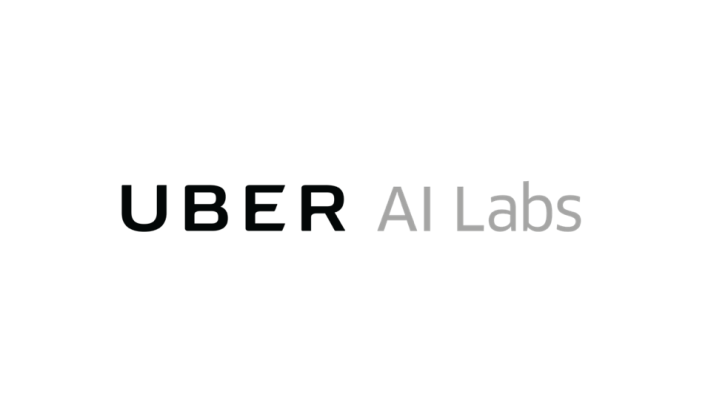Ride-hailing requires a lot of machine smarts to maintain a competitive edge, so it’s not surprising to see Uber make a strategic acquisition in the artificial intelligence space. The company has acquired Geometric Intelligence, a startup co-founded by academic researchers with AI experience, and its team will provide the core for a new central AI lab being established at Uber’s SF HQ.
Uber’s doing a lot with machine learning already through its research team in Pittsburgh, but they’re focused specifically on solving issues related to autonomous driving. This new core team will be looking at applications for AI more broadly, with a focus on basic research that’s likely to have impact across a range of potential uses, including things like route management. It’s also yet another sign that Uber wants to be passed among tech bigs like Google, Apple and Microsoft whose interests range beyond a single domain.
Geometric Intelligence’s funding team includes NYU cognitive scientist Gary Marcus, Cambridge machine learning prof Zoubin Ghahramani, University of Central Florida comp science prof Kenneth Stanley and NYU PhD in neurolinguistics Douglas Bemis. Its staff of 15 include a number of high-profile data science and artificial intelligence academics, and all will retain their professional associations with their academic institutions as part of the deal.
The focus of GI’s research to date has been on solving the problem of how to make AI systems and agents that can do object or scenario recognition using far smaller sets of data than are normally required. We’ve done a lot to advance the AI requirement for processing power for sifting through massive data sets, but Uber’s new team was looking at the other side of the problem; making systems smarter with limited input. That could be a huge help in quickly helping ramp the effectiveness of products at Uber that don’t necessarily have an equivalent data set to draw upon.
Uber Chief Product Officer Jeff Holden noted in a blog post that regardless of which aspect of the company’s business you look at, there’s a common challenge found in “negotiating the real world” that represents a “high-order intelligence problem.” Building out capacity in basic research is almost certainly the most effective way to solve this problem across verticals.
